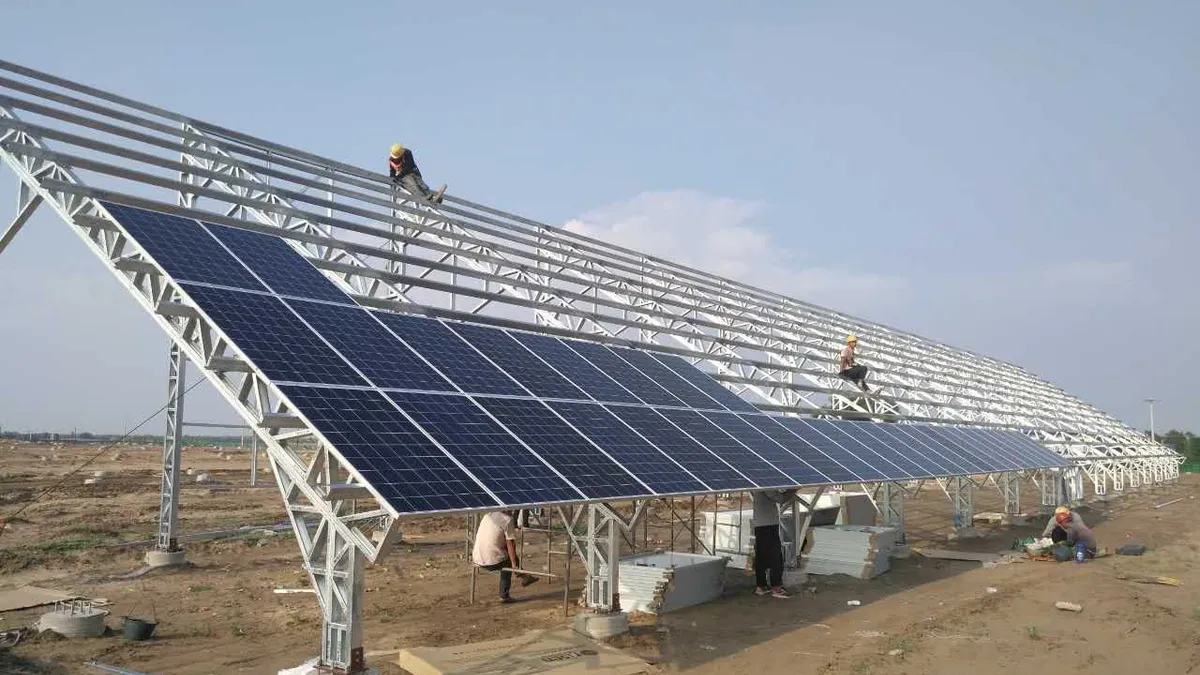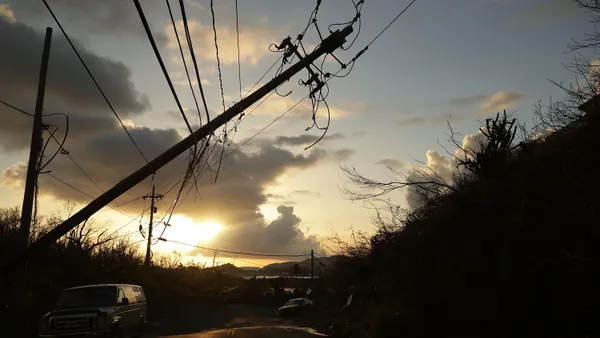As global demand for solar power as an alternative energy option rises, solar photovoltaic (PV) panel manufacturers and installers increasingly look for superior product quality while using cost-effective, reliable materials in assembly.
Durable, long-lasting framing materials can enhance both rooftop and foundation-mounted solar PV panel products. These frames can be configured, cut and assembled on or offsite to suit very complex geometrical shapes and a wide range of installation needs.
Cold formed steel (CFS), also known as Light gauge steel (LGS), meets that standard. It is optimal for solar racking and mounting and is highly customizable to suit any project anywhere, even in remote areas. Not only is CFS light and easy to assemble, but it also does not require specific heavy lifting equipment, such as cranes, to be erected.
Even when unique roof designs, foundations or terrain present new challenges, well-fitting CFS solar racking can achieve the desired results.
The highly adaptable nature of cold formed steel allows it to be engineered and designed for all types of terrain, slopes and weather conditions. In addition, CFS framing, designed and engineered with advanced detailing and engineering software, can be resistant to high winds and specific loads.
Physical attributes of CFS for solar panel framing
The strength of cold formed steel helps create very long-lasting, easily maintained solar panel mounting systems. While offering high rigidity due to high tensile strength, light steel framing components are lightweight, highly accurate and easy to assemble.
Panel mounting systems are manufactured and assembled in a factory-controlled environment enabling increased production efficiency. Alternatively, components can be made onsite during the installation phase using a versatile mobile factory setup.
Onsite production allows for real-time adjustments to components as project requirements change. For remote solar panel installations, especially those that call for mounting to unusual roofing or terrain, the ability to fabricate CFS framing parts on demand is a significant advantage.
Light yet durable cold formed steel offers flexibility in thickness, design and custom lengths, making it an excellent alternative to aluminum or hot-rolled steel. CFS is a fast and cost-effective solution when a sturdy, dense support structure for solar modules is needed.
Components manufactured from cold formed steel can be precisely designed, engineered and built to satisfy local building codes and a vast range of solar panel framing projects.
Cold formed steel is also resistant to damage from rust. The framing, produced using advanced manufacturing solutions like the FRAMECAD system, commonly uses hot-dipped galvanized coil protected by a layer of zinc to provide corrosion resistance.
CFS racking and mounting resist high winds, whether PV or thermal solar panels are mounted to a rooftop, remote-mounted or attached to a large device. As a result, end customers can rest assured that damaging winds will not uproot solar panels or that inclement weather will not generally weaken the solar mounting structure. In addition, for manufacturers, using CFS to make the mounting can help justify extended solar product warranties.
CFS prefabrication benefits for project timelines
For solar energy applications, prefabrication of CFS framing allows for faster, controlled production and assembly of products and eliminates delays in installation.
Prefabricated light gauge steel components can come ready to use as pre-assembled modules or can be assembled onsite. On-line cutting, drilling service holes for wiring and custom punching all help to serve the technical needs of a solar energy setup.
All in all, prefabricated CFS structural components for solar panel framing help create a high-quality and accurate final product. Onsite CFS additions can also give solar panel installers greater control over timelines when setup calls for late-stage adjustments and individual parts.
Cold-formed steel is a durable, cost-effective choice for solar array framing for residential and commercial end-users, ground installations and rooftop anchor systems. It is just one of many possible CFS applications in construction and manufacturing, as industries across the globe are rapidly discovering.










